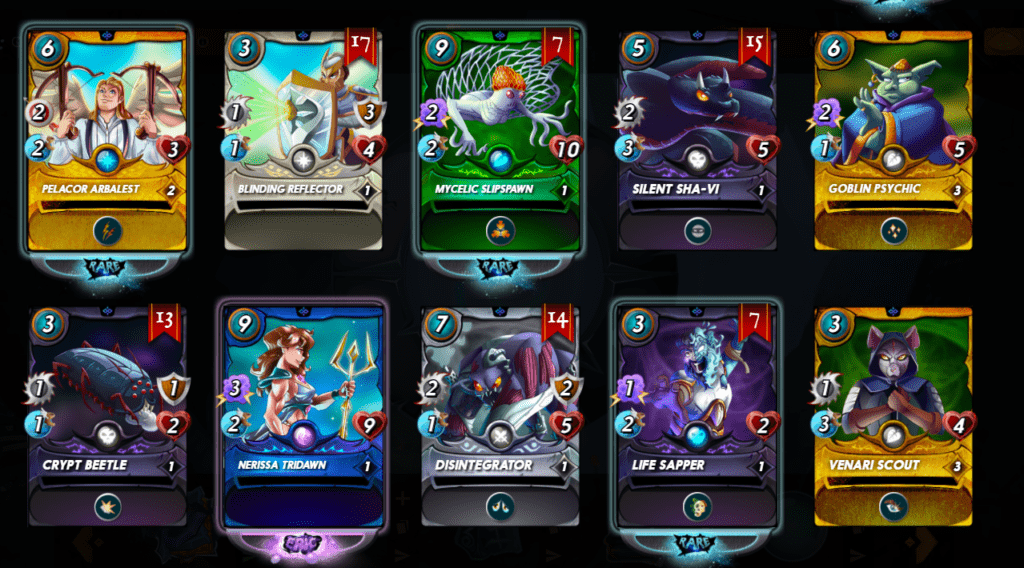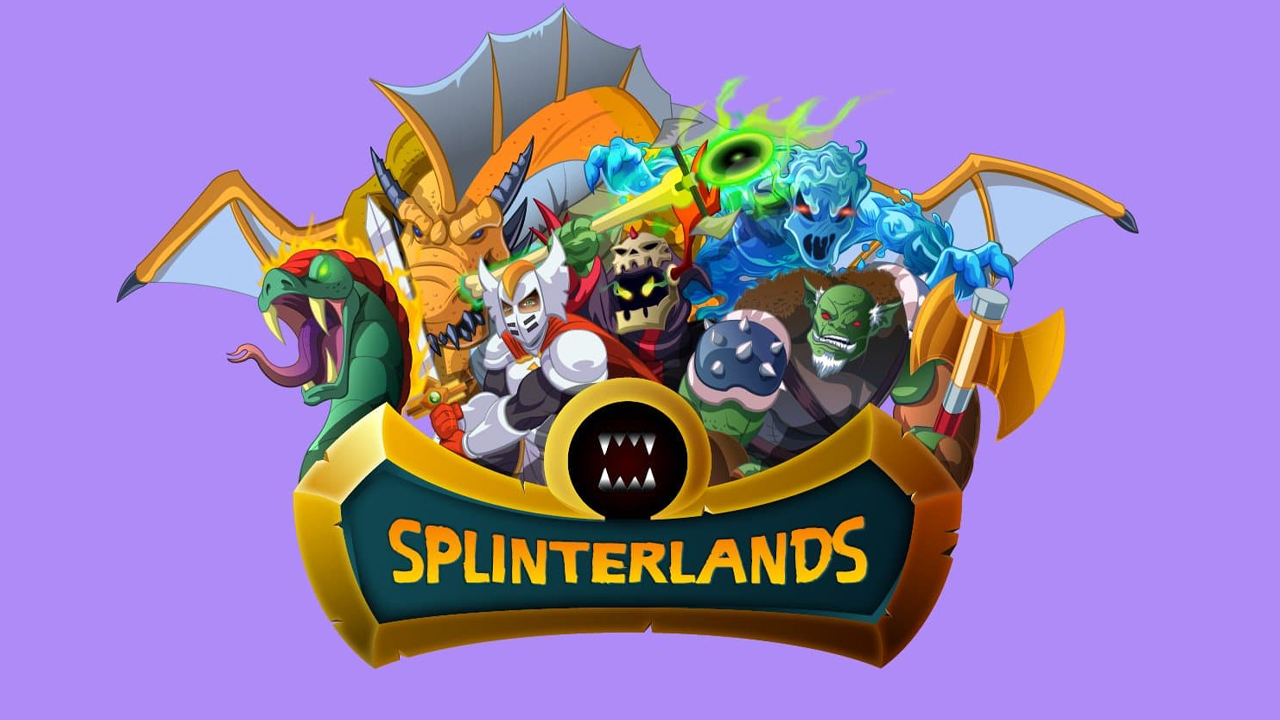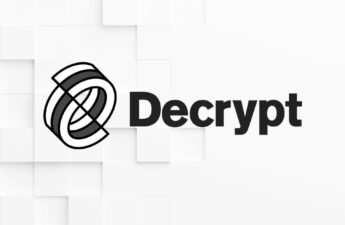On Wednesday, the team behind the blockchain game Splinterlands announced that it reached a new milestone after the project sold more than 10 million packs from the fantasy-themed battle game’s Chaos Legion series of cards. The achievement follows the project’s recent partnership with the Major League Soccer Players Association and Warner Music Group.
Play-to-Earn Game Splinterlands Sells More Than 10 Million Packs of NFT Playing Cards
The play-to-earn (P2E) blockchain game Splinterlands has announced the project has sold more than 10 million packs stemming from the game’s third major card expansion series, Chaos Legion. Splinterlands is a game that leverages cryptocurrencies and blockchain technology to enhance online collectible card tournaments.
The Splinterlands cards or NFTs can be purchased and sold via secondary markets and in order to start playing, new users need to obtain a “Summoner’s Spellbook.” The Chaos Legion series cards went on sale eight months ago on January 17, 2022, and there were only 15,000,000 packs minted.
 Cards from the Chaos Legion series. Image via gamingcrit.com.
Cards from the Chaos Legion series. Image via gamingcrit.com.
The Splinterlands project says that the cards’ limited availability after the 10 million sold, marks the cards’ “homestretch” in terms of what’s left. Splinterlands co-founder and current CEO, Jesse Reich, said the team was pleased with the Chaos Legion sales achievement, and the co-founder detailed the Splinterlands team looked forward to more expansion.
“The successes are coming like a flood these days, and we are thrilled,” Reich remarked on Wednesday. “Our community is phenomenal and we are so grateful for their loyalty and enthusiasm, which is an ongoing inspiration to our team to keep co-creating this remarkable game with them. We can’t wait to expand more into the mainstream gaming industry and show the world what Web 3.0 is all about.”
Data Shows Splinterlands Is the Fourth-Largest Gamefi Game in Terms of Monthly Subscribers
News of 10 million packs sold further follows Splinterlands partnering with the Major League Soccer Players Association (MLSPA) and Warner Music Group (WMG).
“I don’t think we can underestimate how massive the opportunity around P2E gaming is,” Oana Ruxandra, the chief digital officer at WMG said at the end of February. “Our partnership with Splinterlands pulls focus to our artists and their music as we all work together to develop and maintain tokenized games.”
Additionally, at the end of September, amid the crypto winter as NFT sales have dive-bombed, the Splinterlands card series called Riftwatchers sold out in less than two minutes. Gamefi (the intersection of gaming and finance) has been a popular trend in 2022 as games like Axie Infinity have seen billions of dollars in sales.
For instance, the Axie Marketplace has sold $4.25 billion since its inception across 2,163,241 traders. A recent study shows that Gameta is the latest gamefi project with the highest number of monthly subscribers. While Gameta holds the number one position, Axie Infinity is the fifth largest and Splinterlands is the fourth largest in terms of monthly subscribers.
Tags in this story
10 million sold, axie infinity, Blockchain, blockchain gaming, Chaos Legion, GameFi, Gameta, gaming and finance, Jesse Reich, Market Capitalization, MLSPA, nft, NFTs, Non-fungible tokens, Riftwatchers, Splinterlands, Splinterlands card series, Splinterlands co-founder, Warner Music Group, Web3
What do you think about the gamefi project Splinterlands selling 10 million packs of the game’s Chaos Legion series? Let us know what you think about this subject in the comments section below.
![]()
Jamie Redman
Image Credits: Shutterstock, Pixabay, Wiki Commons, Gamingcrit.com
Disclaimer: This article is for informational purposes only. It is not a direct offer or solicitation of an offer to buy or sell, or a recommendation or endorsement of any products, services, or companies. Bitcoin.com does not provide investment, tax, legal, or accounting advice. Neither the company nor the author is responsible, directly or indirectly, for any damage or loss caused or alleged to be caused by or in connection with the use of or reliance on any content, goods or services mentioned in this article.



